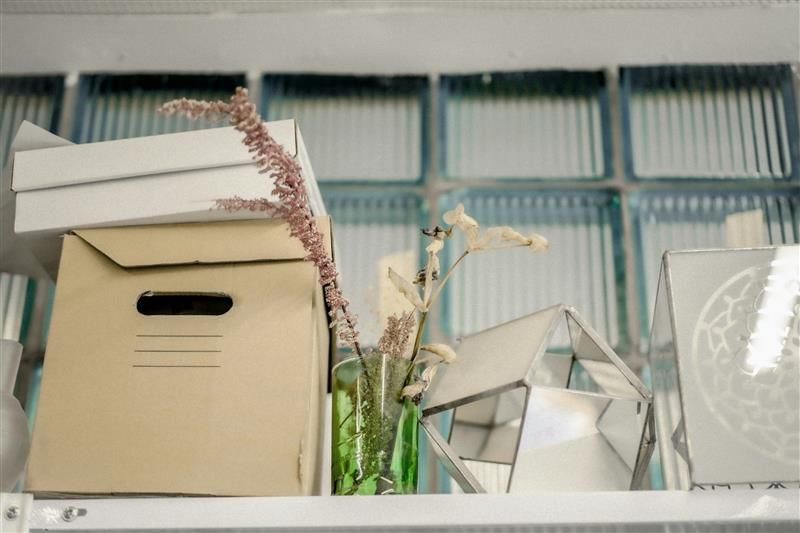
THE NEED FOR ARCHIVE STORAGE WHEN WORKING FROM HOME
With the pandemic still clutching the world, many businesses have been forced to ask their employees to work from home. By working from home, many business owners and employees alike may have this false understanding that GDPR rules don't apply to them any more. The truth is, you couldn't be more wrong. If anything, this is where business's, small or large, should be extremely cautious on how they handle information, especially documents containing personal details.
With employees quickly adapting to their new-found working environment, it's easy to get lazy or complacent with how you handle any form of work related document. In the comfort of your own home, it's not uncommon for people to put documents in a compromising location. We're all guilty of leaving documents on the side where an unsuspecting loved-one may consider it rubbish and accidentally throw it away. For obvious reasons, this is a big problem.
Any organisation with a strong management team will have their own adequate approach to handling data for the best possible protection. However, if no clear rules have laid out then its absolutely imperative for employees to take it upon themselves to do the right thing. After all, if the worst were to happen, it would leave you at risk of losing your job or receiving necessary punishment.
With this is mind, we think it's important that every business consider the option of collecting employees work related documents for archived storage. It goes without saying that archive storage has a multitude of benefits. So how will this benefit businesses working from home?
Why is it important for businesses to consider doing this?
For us, that's an obvious answer. With every one of your employees working from home, it's almost impossible to see the extent of personal documentation printed. For all you know, some of your employees may have taken older documentation home with them before the lockdown ensued. Depending on your line of work, it may be incredibly important to retain this information for future reference. The only way to protect your
customers and yourselves is to ask all employees to gather and store any work related documentation for the anticipated return to office.
You can't leave anything to chance!
Every company out there wants to be seen as employee and customer friendly. The best way to achieve this is by being completely open, honest & transparent. It's simply not good enough to trust every individual to be handling critical information correctly in their place of comfort. You should never leave anything to chance, especially when its actually for the broader benefit of everyone involved. Given how many months have passed, archive storage is undoubtedly the smartest choice to make.
What's the best plan of action?
As lockdown measures slowly lift across the country, your companies handling of GDPR should have been outlined months ago. If you're still uncertain on the best way to tackle what could be a mammoth task for you, we can only suggest the following:
- Ask all employees to gather any and all written or printed work related documentation
- Have a dedicated individual to collect these documents from all employees
- Store these documents in individually named & dated binders, folders or wallets
- Request a quote or call us for an understanding on costs and time frames
If there's any uncertainty regarding the need for this documentation in the future, we would still recommend Archived storage as the choice to make. For more information on archiving documents and the full list of benefits, please visit here








